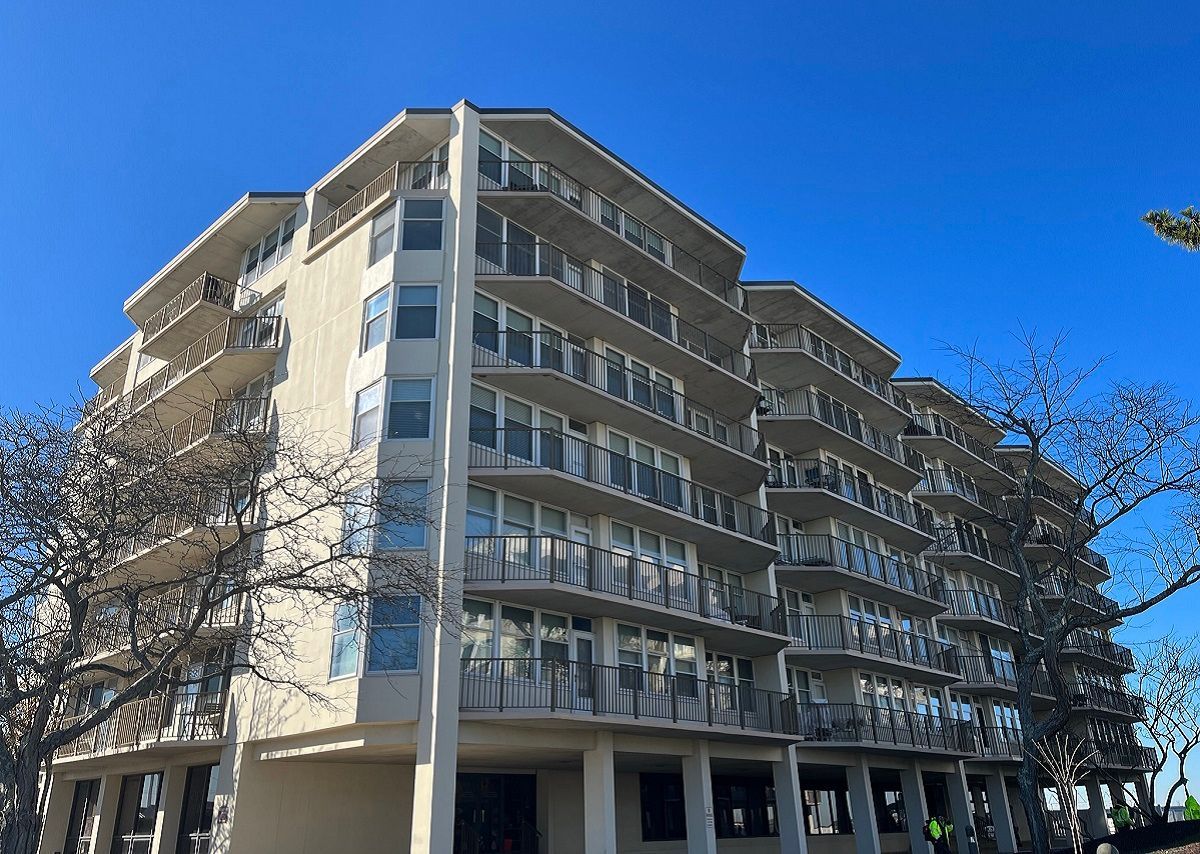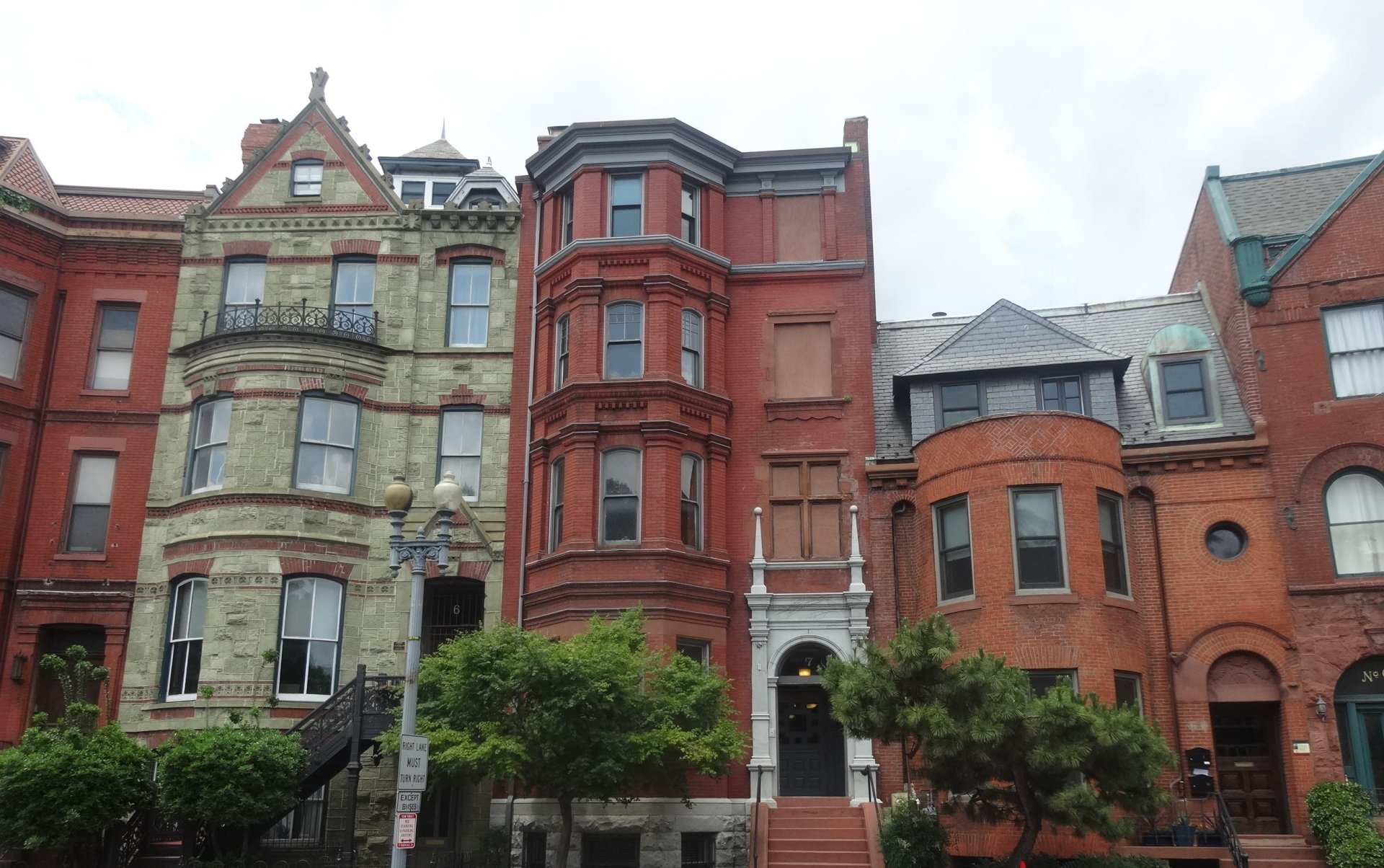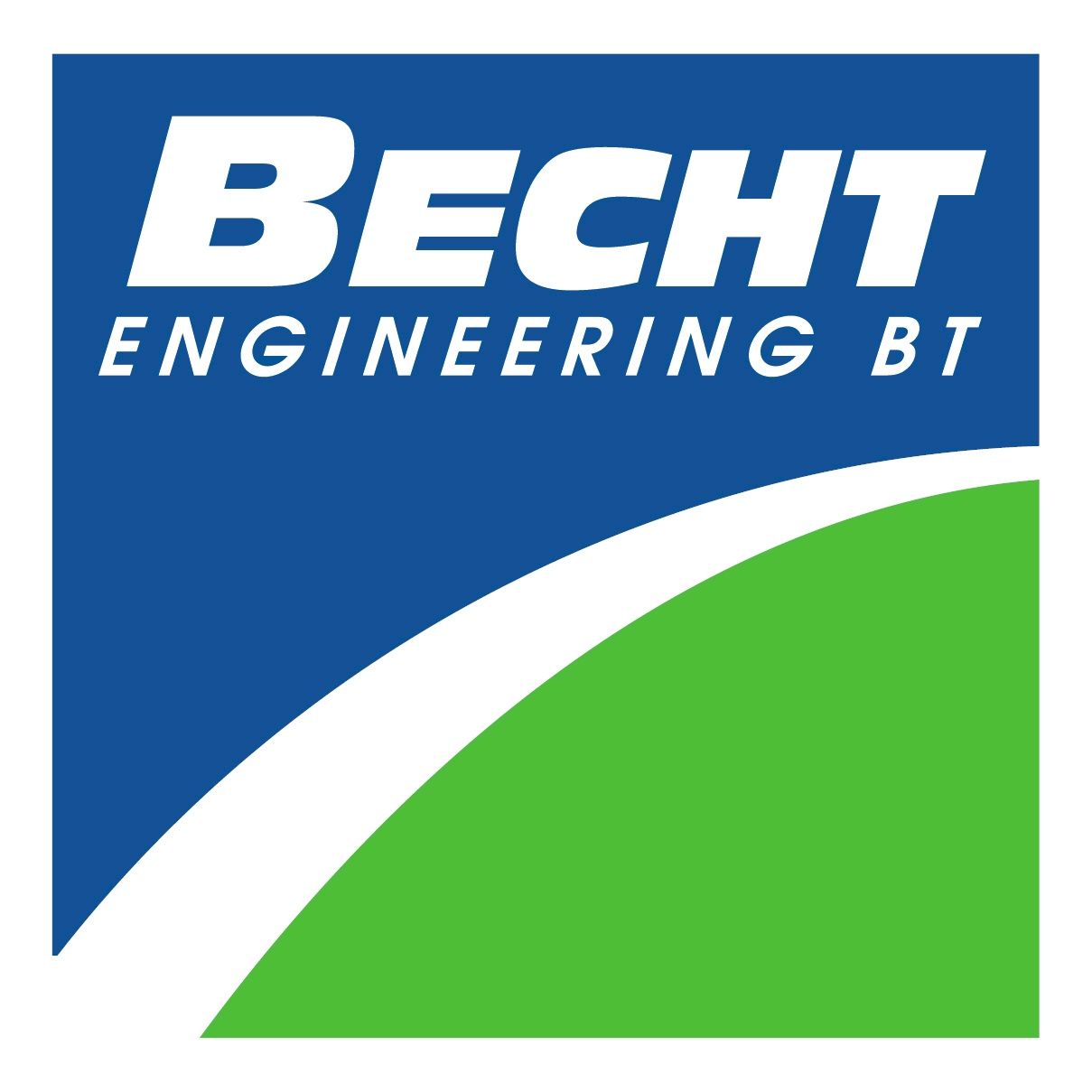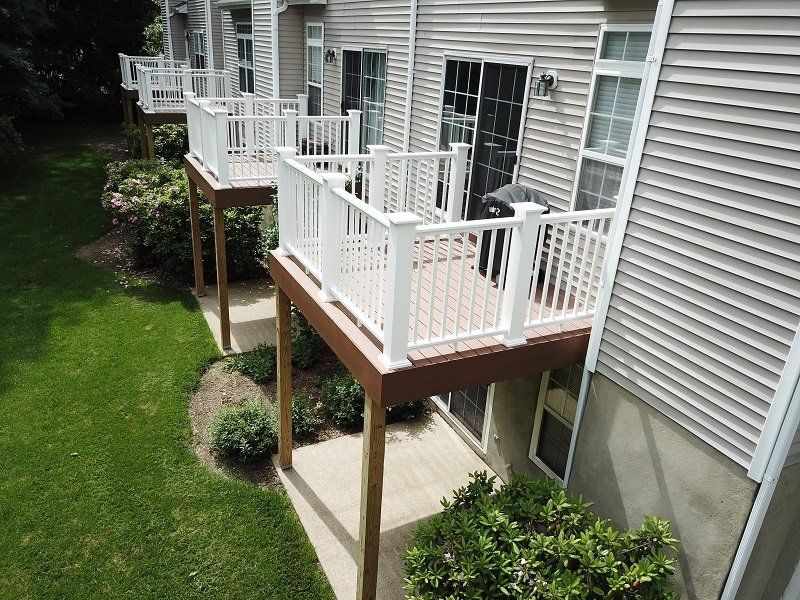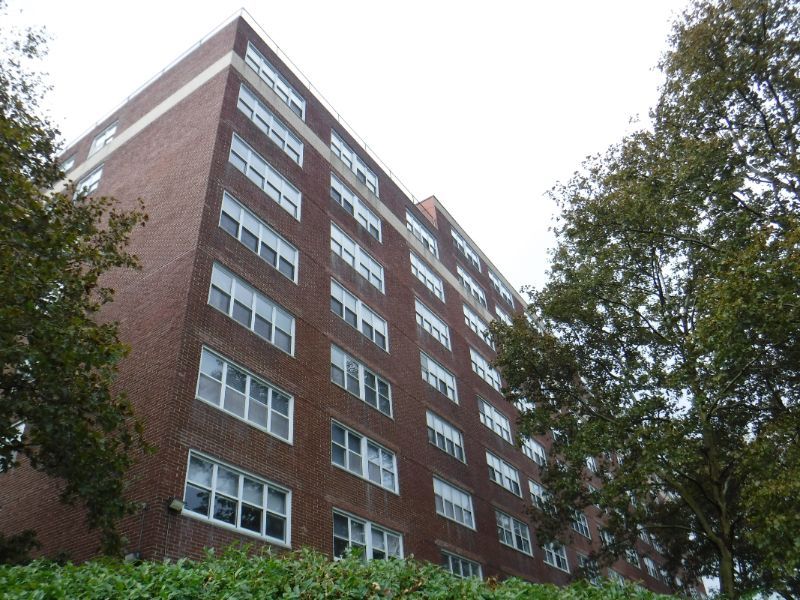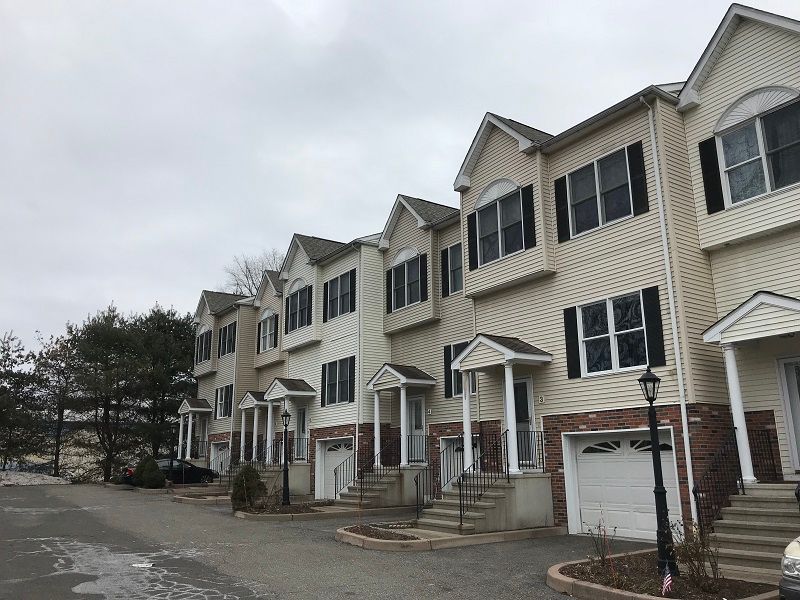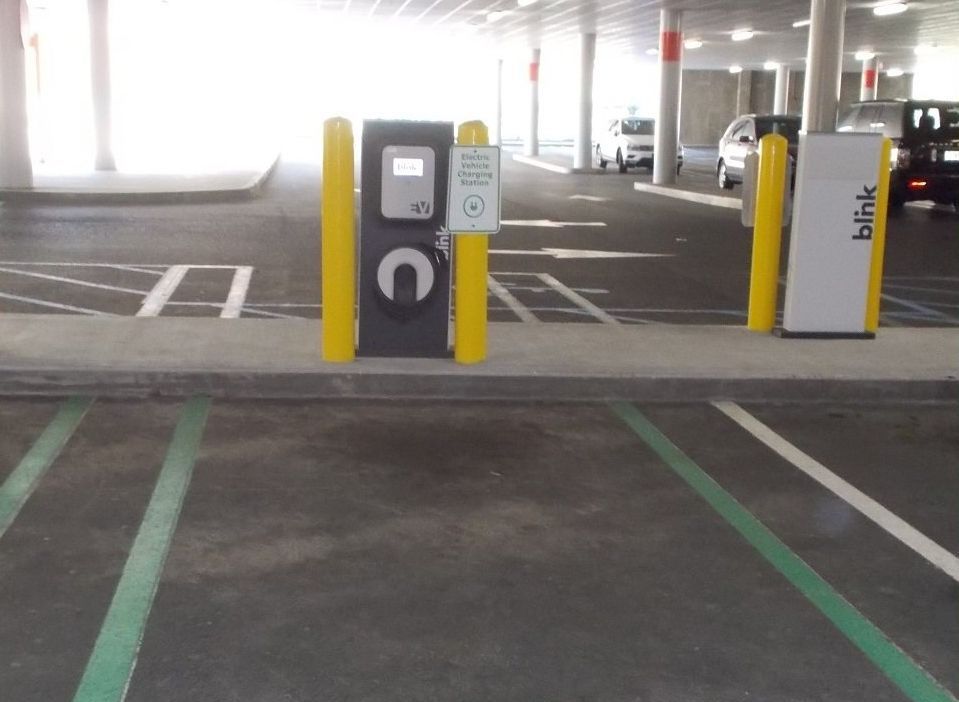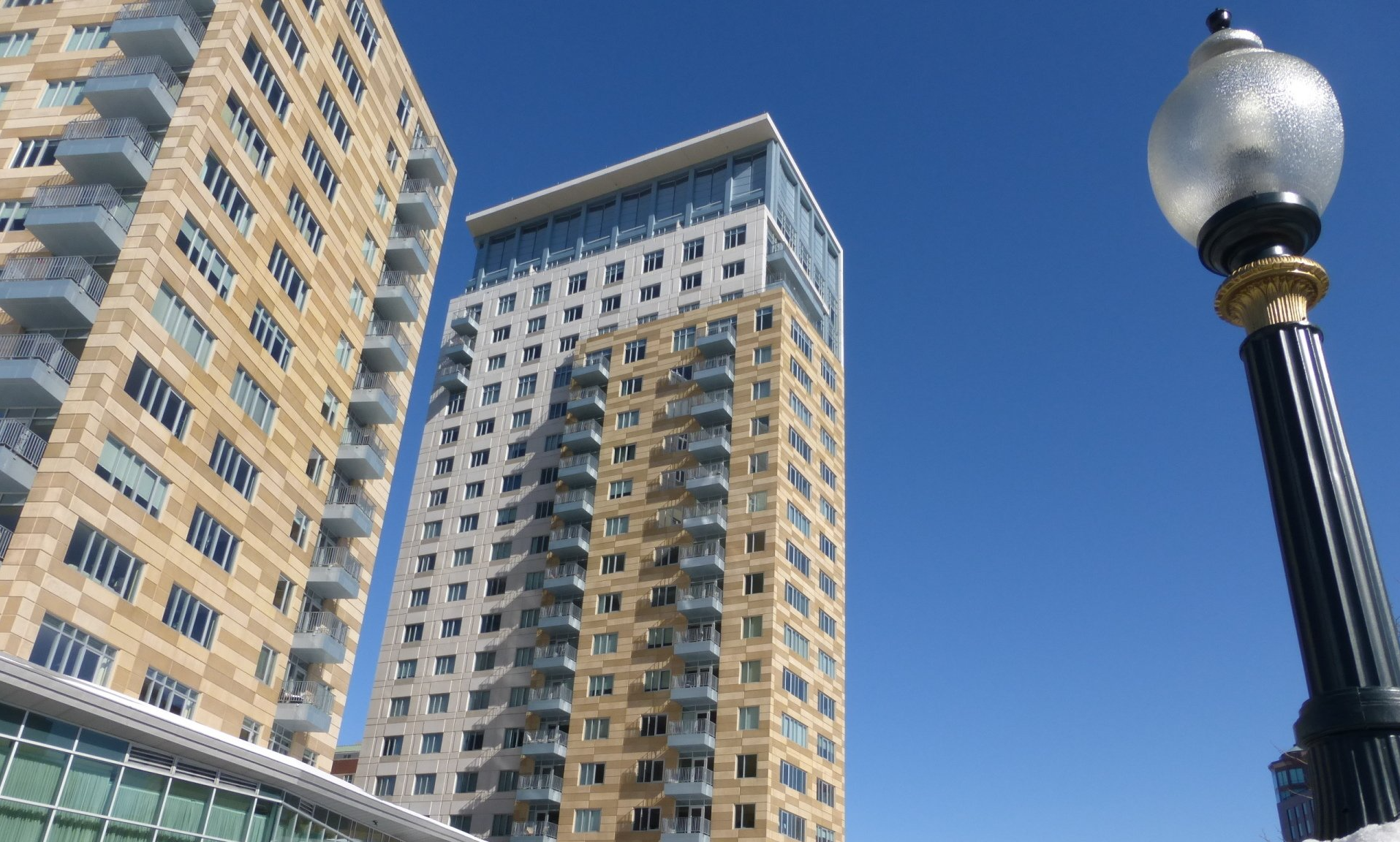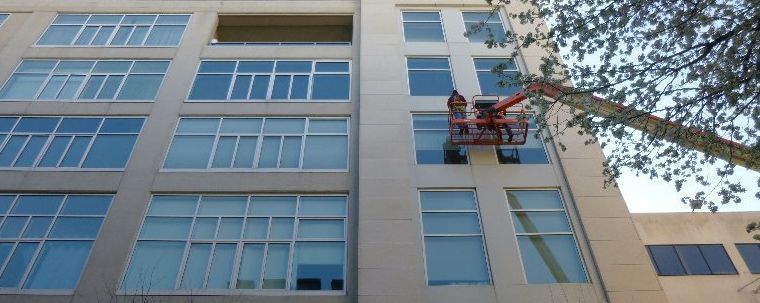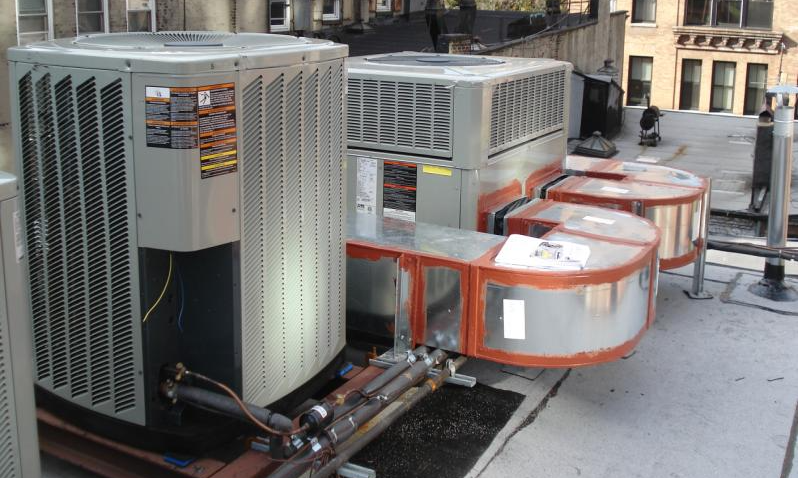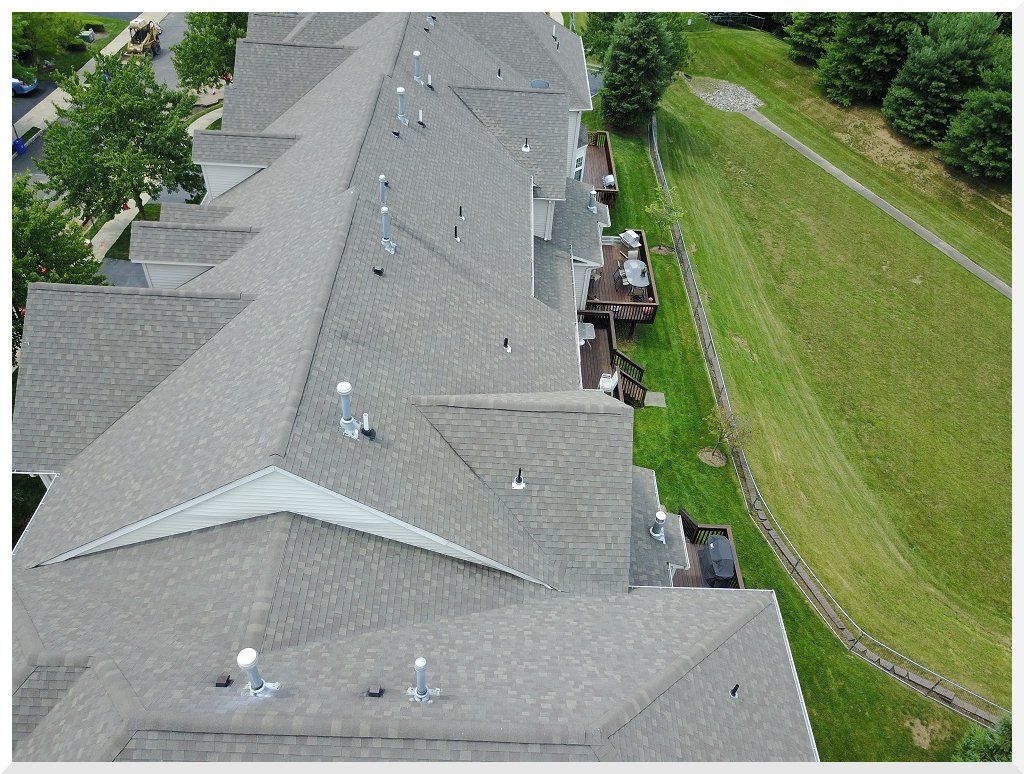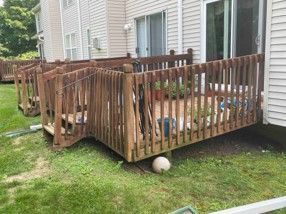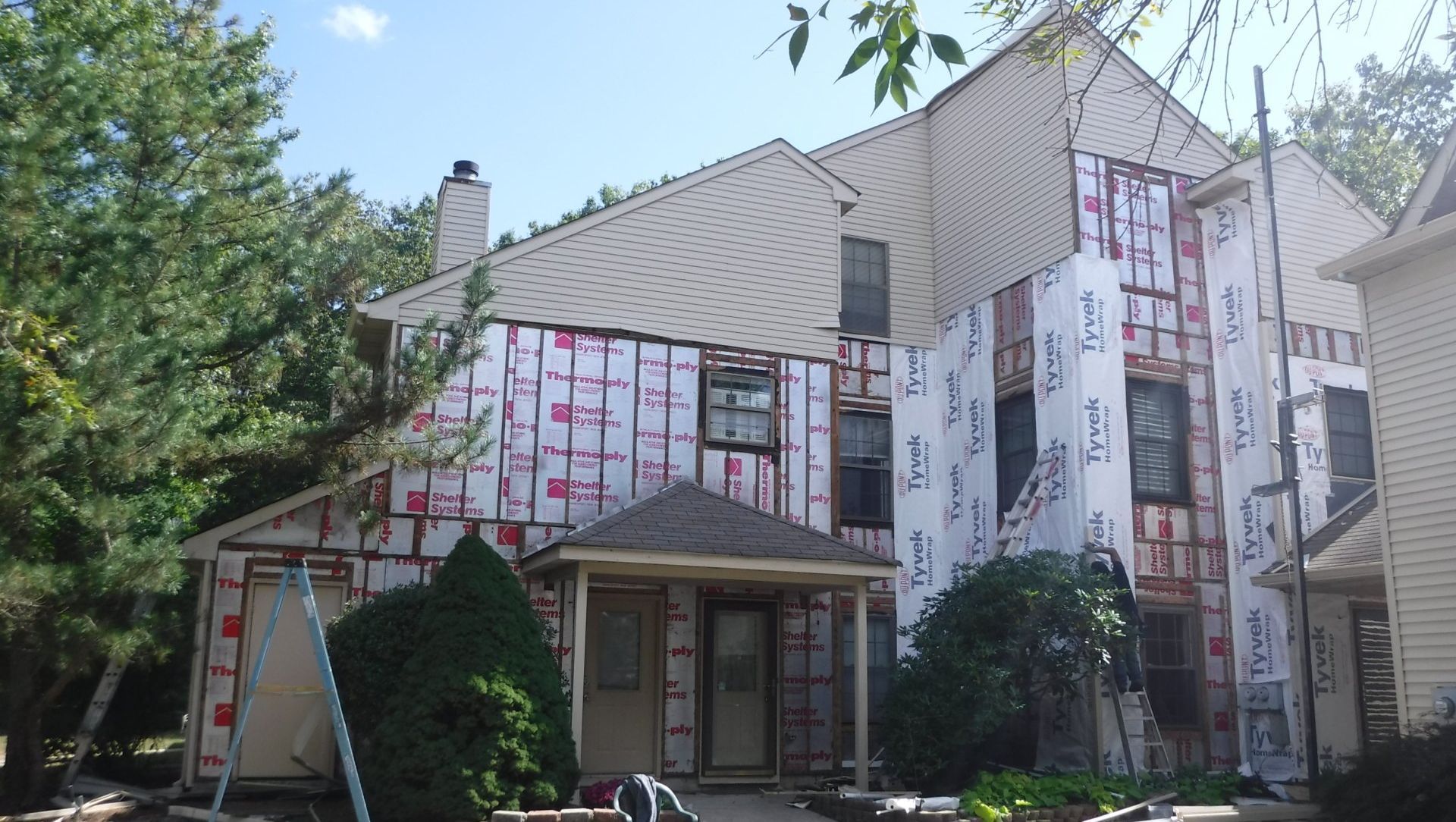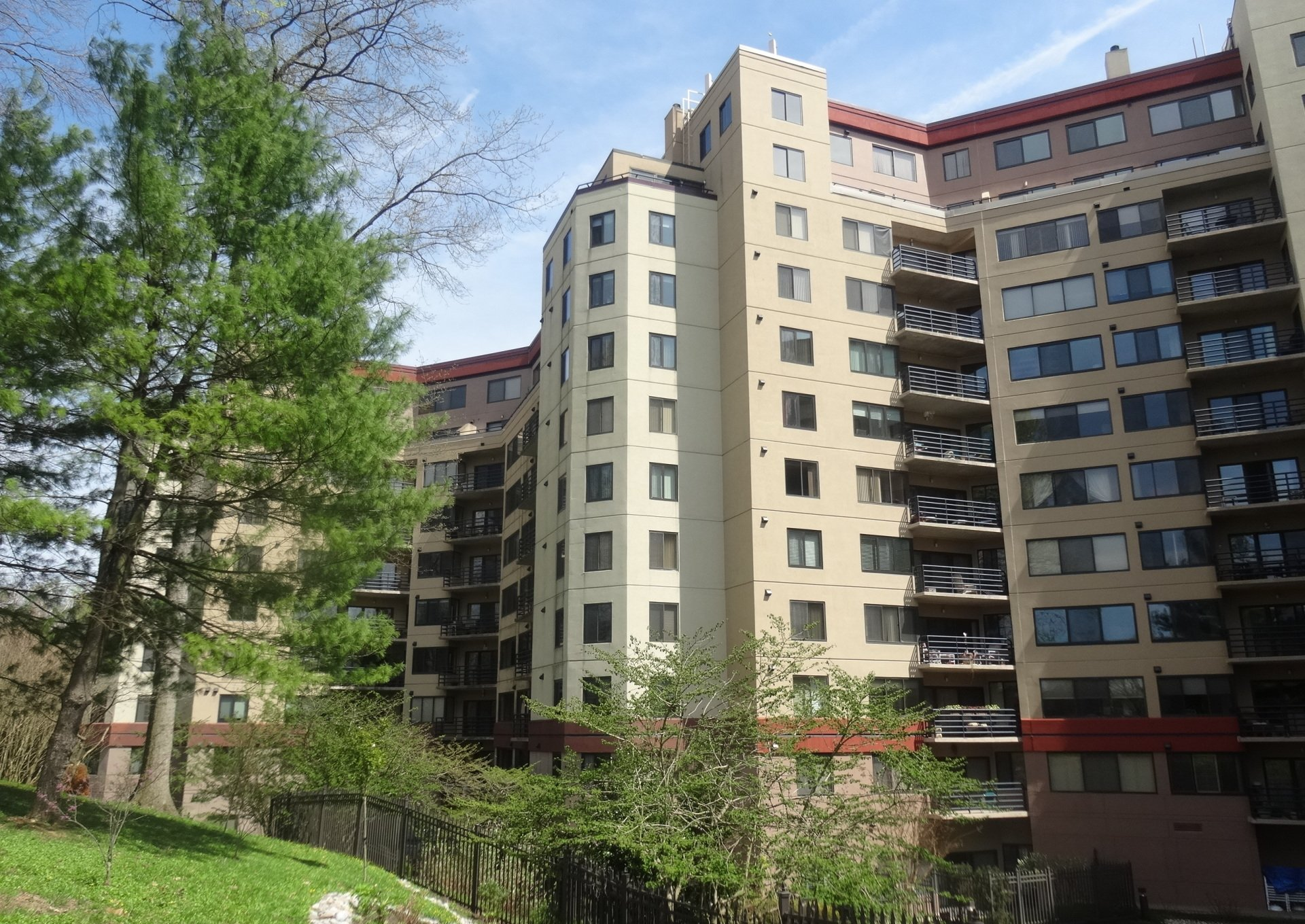August 12, 2025
It’s that time of year when Community Associations will soon be looking toward preparing their budgets for their next fiscal year. In order to make rational, informed financial decisions, that process should be predicated on a recent, up-to-date Capital Reserve Study or the Update of an existing study. The Community Associations Institute recommends that Associations update their studies at least every 3 years, with many states also requiring reserve studies to be completed at similar intervals. Many states have recently passed legislation which requires regular reserve study updates as well as site and building inspections. With other states looking to follow their lead, the landscape of legislation which affects Community Associations is ever changing and can be difficult to understand. Our Reserve Specialists stay up to date with changes in state laws and national standards to help Associations, Boards, and Managers understand, navigate, and remain compliant with applicable regulations. Reasons to consider Becht Engineering for your next Reserve Study: Building on our reputation since 1964 with over 60 years in business and 40+ years of experience in preparing reserve studies, we are well versed in state and national reserve study requirements. Easily request proposals through our online portal or by contacting one of our Project Managers directly. We offer exceptional customer service with site inspections performed by seasoned experts with experience in construction, capital project planning, condition assessments, and cost estimating. All reports are carefully reviewed by CAI Designated Reserve Specialists in each office with extensive knowledge of local projects. Our reports include real world pricing information – In addition to industry standard cost estimating, we also use our own first-hand experience in designing and overseeing construction projects to make sure that the estimates we show in each report are based in reality and guided by our knowledge of what other Associations have spent on similar projects. For complex centralized systems such as boiler plants, domestic hot water systems, cooling towers, rooftop units, and emergency generators, our Reserve Studies are informed by our mechanical, electrical, plumbing, and fire protection designers and Professional Engineers that design and work with those systems on a daily basis. We use specialized software to carefully prepare and review each report to ensure that we are providing funding scenarios that meet the specific needs of each community. Each report includes a 60-day revision period during which we encourage the Board and their Manager to review the report and ask any questions before we prepare a final report. During this time, we also offer a complimentary Zoom Meeting with the Board and Management to review the reserve study, explain each funding scenario, and carefully review the options that the Association has. We can also make real-time revisions and edits to the report as needed to make sure the report is as accurate and complete as possible.


